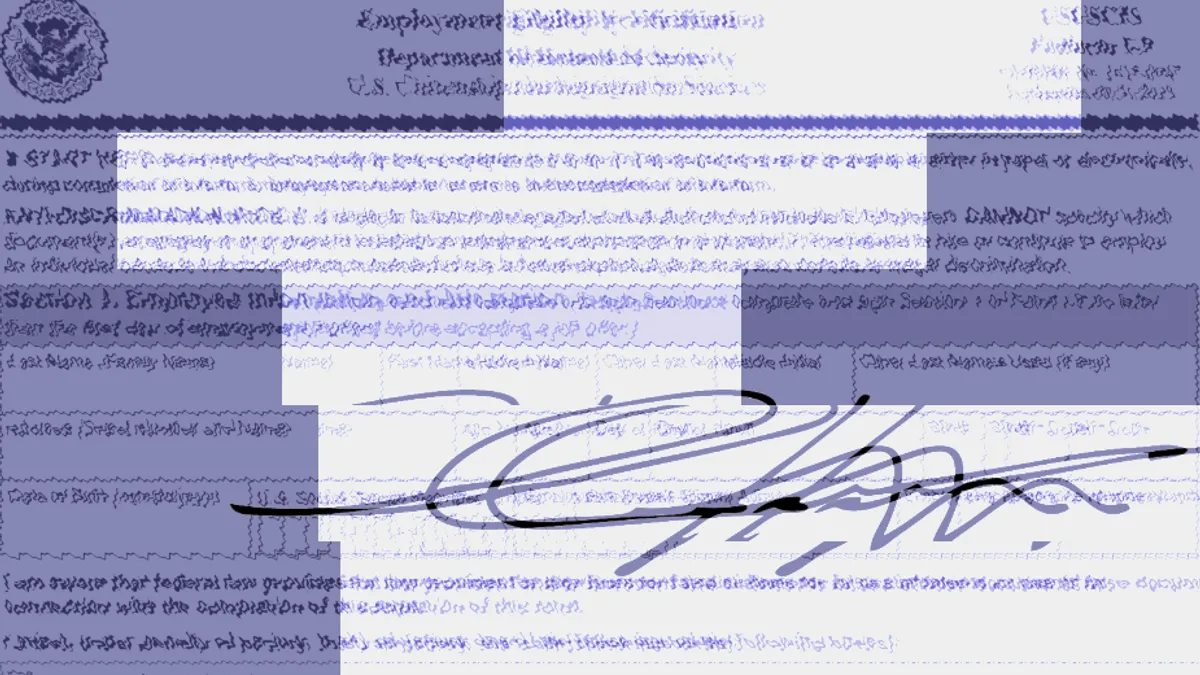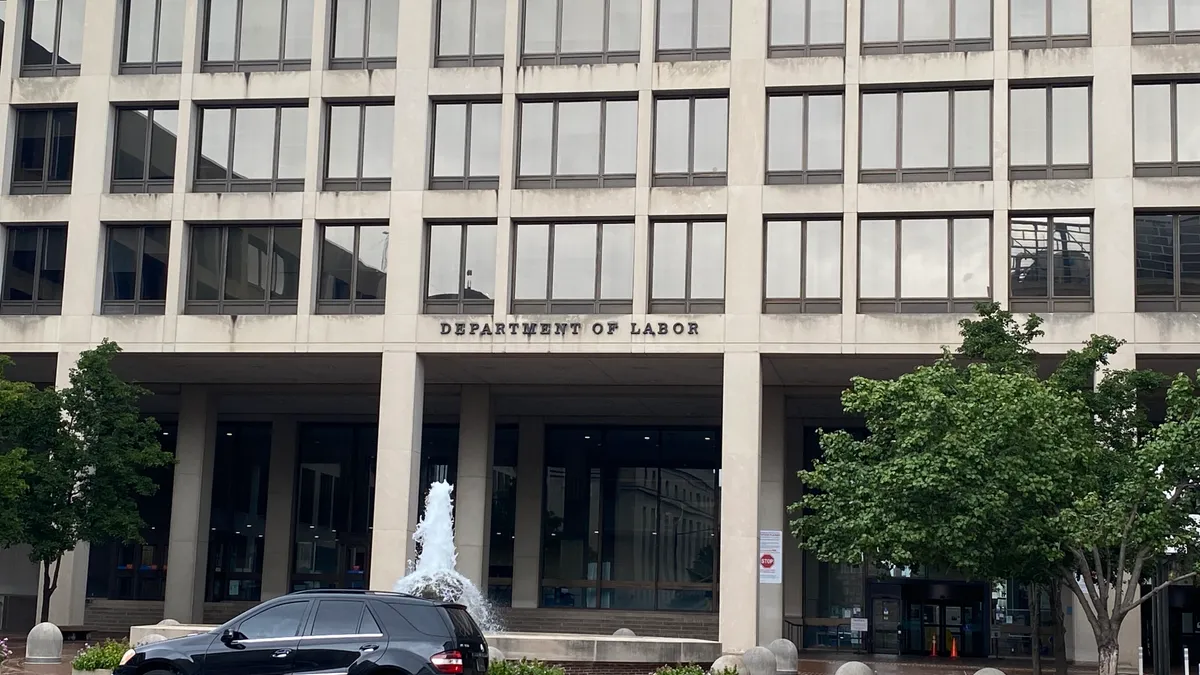Dive Brief:
- Life overall was looking better for U.S. and Canadian employees, and fewer felt daily stress than in 2020: In 2021, 60% of employees in North America reported feeling positive about their current and future life, up 5% from 2020, but 50% experienced a lot of daily stress.
- On the other hand, employee engagement in the U.S. and Canada continues to slump, with 33% of employees saying they were engaged with their jobs, down from 34% in 2020. That’s still high compared with the rest of the world, where only 21% of employees globally reported feeling engaged with work. “Gallup research has consistently found that employee engagement is a significant driver of organizational success,” the company stated in a release.
- For disengaged or disgruntled employees, the report has some positive news: In 2021, 71% of employees in the U.S. and Canada believe now is a good time to find a job, skyrocketing up from 44% in 2020. North Americans’ view of the job market is also significantly more positive than the global outlook; only 45% of employees across the world feel positive about the job market. But employees in the U.S. and Canada aren’t planning to relocate any time soon. Only 20% said they were likely to move away from the city or area where they live in the next 12 months. The response was the same for employees globally.
Dive Insight:
In the decade before the pandemic, the idea of work-life balance took off as a way to help employees stay engaged while on the job. The past two years have changed the dynamics, but the reality is still true. It’s almost impossible for people to leave the emotional residue of a bad work day at work, and vice versa, Gallup CEO Jon Clifton wrote in his introduction to the 2022 global workplace report.
Although work and life stressors often blend, employers can address the work side of the issue. For example, 51% of employees who responded to a TIAA survey said the pandemic increased their stress about being able to retire when they wanted, HR Dive previously reported. Although employees were generally satisfied with their company’s retirement offerings, they expressed increased interested in guaranteed lifetime income annuities, which can be invulnerable to inflation, market swings and other unexpected financial events. Cost and the plans’ complicated nature deter workers and employers. But employers may want to keep the GLIs in mind: employee interest in in-plan GLI annuities jumped if the cost was lowered.
Generation Zers working remotely during the pandemic might have felt disadvantaged from not being able to develop in-person skills at the office, but that doesn’t mean they want to stop working remotely, according to an Indeed survey. It’s something employers may want to consider going forward with their return-to-office plans; more than three out of four of Gen Zers (78%) surveyed said they’re actively looking for a job with more work-from-home flexibility.
For many organizations, the work environment itself needs to improve, Clifton said. Employees who are engaged, meaning they feel involved in and enthusiastic about their work and the work environment, still have days with stress, worry and pain. But they do so at half the rate as employees who are actively disengaged, he noted.
To strengthen employee engagement, managers “need to be better listeners, coaches and collaborators,” Clifton said. Workers thrive with managers who help them learn and grow, recognize them for doing great work and make them feel truly cared for, he added.
This matters because business units with engaged workers have 23% higher profit, significantly lower absenteeism, turnover and accidents, and higher customer loyalty than business units with miserable workers, Clifton pointed out.
Employers may also want to take a cue from Articulate CEO Lucy Suros, whose master’s degree in ethics informs her leadership and has been integral to the company's approach to employee engagement, HR Dive recently reported. The learning platform developed a six-core framework of beliefs, which is integrated into company culture and includes the view that individuals are responsible for themselves and accountable to one another.
“If you have people who are ... engaged and creative and productive, then that is your biggest tool in getting through any kind of economic issue,” Suros told HR Dive.














